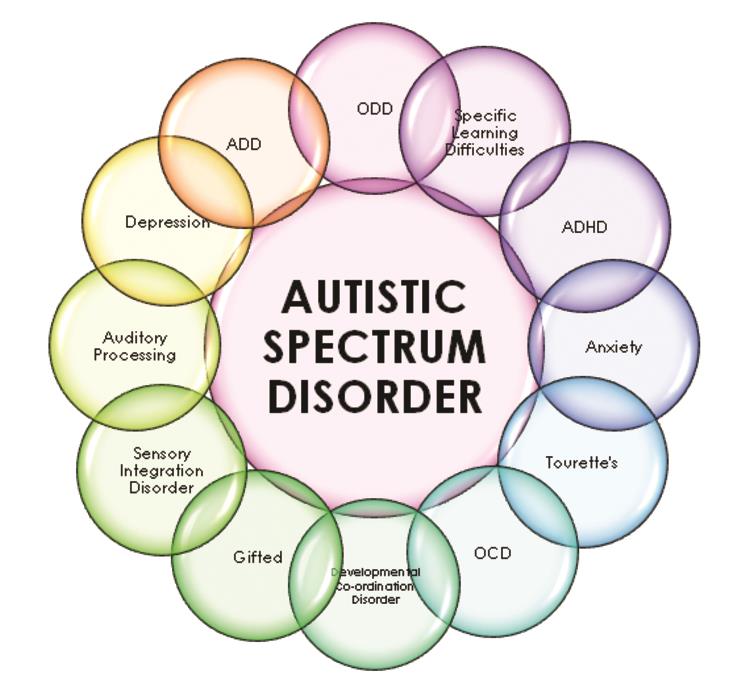
The Sunday Mail

Linda Mzapi
Life has a different meaning for children with autism spectrum disorder (ASD), better known as autism.
They find it hard to open up to people, even their families, and take time to acquire speech. This often troubles parents who have little or no knowledge about the condition.
Most autistic children are wrongly thought to have a mental disorder as they are unable to make sense of the world and end up acting out their frustrations.
According to the World Health Organisation, one in 10 babies is autistic.
Parents have been urged to join hands with the different organisations that work with affected children.
One such is the Autism Organisation of Zimbabwe, a private voluntary organisation whose primary aim is to rehabilitate children living with ASD.
AOZ director Mrs Helen Mutambara talks about the heart-breaking situation parents with autistic children go through.
“Some parents are neglecting their children because they are scared and lack awareness. They should be educated on how to deal with autistic children so as to help them rehabilitate,” she says.
As her eyes fill with tears, she explains an incident of a lady who came to her and spent over three hours crying because her child will not communicate or even hug her when she comes back from work.
Talk about being deprived of the joys of motherhood.
“It hurts so much and I remember as she cried how I felt her pain. I told her there would be light at the end of the tunnel because through rehabilitation these children acquire speech. We get into their world and try to understand their fears, then we help them get out of the darkness into the normal world,” she says.
Mrs Mutambara explains that patience is needed to take care of these children.
“It takes passion and patience and currently I am taking care of 14 autistic children here at my organisation and above all I am engaging parents.”
Many autistic children are in fact quite intelligent and display high IQs, though they have difficulties demonstrating this in ways that are normally recognised in traditional school settings.
AOZ rehabilitates children and helps nurture their talents. They are taught behaviour skills, sports, information technology and art, and undergo therapy sessions to help them calm down.
Among the 14 children at AOZ are two beautiful girls, Patience Mari and Sekai Wafa (not their real names) aged 13 and 11.
Patience is an orphan and has been rehabilitated and is able to have a normal conversation. She says out her name, her age and her best friend’s name and goes on to explain how she is being helped.
This is, however, not the case with Sekai as she loudly repeats whatever you ask her and blankly stares at you as she finds it hard to open up to people she does not relate with every day.
“She is taking time to acquire speech because during the holiday when she goes home her parents do not talk to her the way we do here so it’s hard for her to adapt to change,” explains Mrs Mutambara.
Autistic children find it hard to adapt to change, it is difficult for them to take a different approach to something once they have been taught the “right” way to do it.
Mrs Joyce Sikaliven, a nurse at the organisation, says: “I understand them better and to me they are just like normal children who need some extra patience.
I know when they are hungry and when they want to visit the toilet even without them saying it.”
Reality to autistic children is confusing and there seems to be no meaning to anything. A large part of their life is spent trying to work out the pattern behind everything.
But with help from people like Mrs Mutambara, the world can have meaning.



